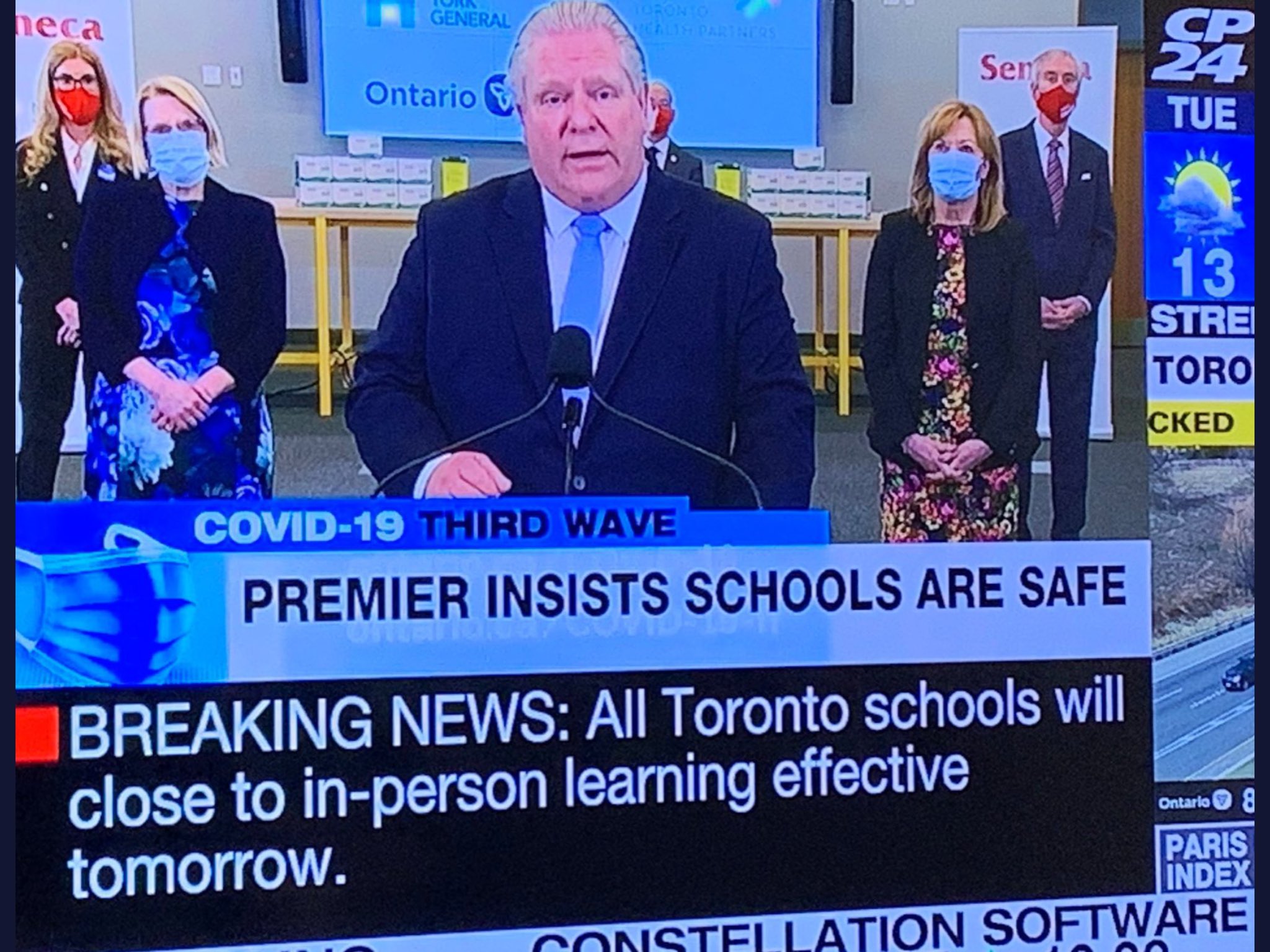If you are a life-long learner who believes in equity, inclusion and public education then volunteering your time and skill-sets with the Canadian Teachers’ Federation (CTF) Project Overseas (PO) might just be the right experience for you. I myself have volunteered for PO for three years (2017, 2018 and 2019) and I can honestly say that it was one of the best experiences in my professional career. Overseas projects have not run in 2020, 2021 or 2022 due to the pandemic. You might be asking yourself, what is Project Overseas and how can I get involved? I will share a few things with you to get you started and also connect you with some websites for additional information.
What is the Canadian Teachers’ Federation (CTF)?
CTF is a national alliance of provincial and territorial member organizations across Canada (including ETFO). Its head office is located in Ottawa. The goal for CTF is to demonstrate a commitment to advancing education and building teacher solidarity worldwide.
Here are some ways that CTF supports teachers:
- Increased influence with government
- Support for better working conditions
- Research and professional development
- Educational resources and services
- International volunteering opportunities (i.e. Project Overseas)
For more information on CTF, please visit www.ctf-fce.ca
What is Project Overseas?
PO is a collaborative learning opportunity for participating provincial and territorial teacher organizations with other progressive countries throughout Africa and the Caribbean. As a selected member from your union, you and your team of Canadian teachers/members will travel to the host country (usually for the month of July) and work in partnership directly with other facilitators from the host country to co-plan and co-deliver professional development strategies to their lead teachers and administrators in a series of workshops and presentations. In most situations, the experience will be similar to a train-the-trainer model. This is a shared approach to teaching and learning, as you will learn as much from the host nation as they will learn from you. The goal for PO is to improve teaching and learning around the world, to ensure equitable access to higher education for young girls, and to promote equitable, high quality, publicly funded public education for all.
What was my experience like with Project Overseas?
My experiences in Sierra Leone and Uganda have been one of the best learning experiences in my professional career. I met amazing educators who were doing amazing things with very little resources, with no, or next to no access to technology and with limited opportunities for professional development. Educators were using tree bark to create soccer balls for physical education. They were using pebbles, bottle caps and seeds from fruits to support students’ learning in numeracy. They were using flattened out empty cardboard boxes as anchor charts to teach concepts in literacy, science and social studies. These amazing educators were so enthusiastic about learning new ideas and sharing their own teaching strategies with us. One of my learning highlights was understanding and appreciating their use of music in teaching new concepts and as a tool for reviewing big ideas. In fact, singing, clapping and movement were used in all aspects and subject areas throughout the learning process. Music was used to welcome people into a space, to bring the group together, to teach a new concept and to review what was taught. Music was used as an holistic and inclusive way of learning. You would certainly be moved, in more ways than one, by your shared experiences and new learning opportunities with PO. You would be certain to learn new ideas that you could bring back to your school community and incorporate into the classroom.
With PO, we also had opportunities for cultural exchange. There was usually a cultural event where we shared aspects of our Canadian culture. This might have included a taste of certain food like maple syrup, a Canadian geography game or two, a game of hockey or lacrosse and of course the singing/playing of the national anthem. The host country in return would present a special event which usually included the wearing of traditional outfits, dancing, food and games/plays. In some cases, we were able to visit a cultural museum, a zoo or a school/classroom that might still be in session.
Regardless of which host country you attend, you will make an impact on their access to quality education and you’re certain to return with a new outlook on what it means to be an effective educator, an advocate for change.
Tips on Applying for Project Overseas
- Get involved with your local/territorial and/or provincial union (volunteer to be a member of a committee, attend local meetings, participate in/lead a workshop or conference, volunteer to be a union steward, or volunteer as an alternate or delegate at ETFO’s AGM)
- Check ETFO’s website for information and updates about Project Overseas.
- Begin working on your resume (including references), as you will need to demonstrate your work experiences and leadership skills
- If you also speak French or another language, it would be helpful
- Consider volunteering with a non-profit organization locally and/or internationally, to gain international and intercultural experiences
- Reflect on your willingness/readiness to be away from home (your family) for a long period of time, with limited access to technology on a daily basis, sharing accommodations with others, working in partnership with others from diverse backgrounds and cultures, and experiencing food choices that may be new to you
- Check out CTF/FCE Project Overseas website to see a list of the various partner organizations in which they participate and begin to do your own research on the culture, costumes and educational challenges of those countries
For more information on how to apply for PO, visit CTF/FCE Project Overseas


